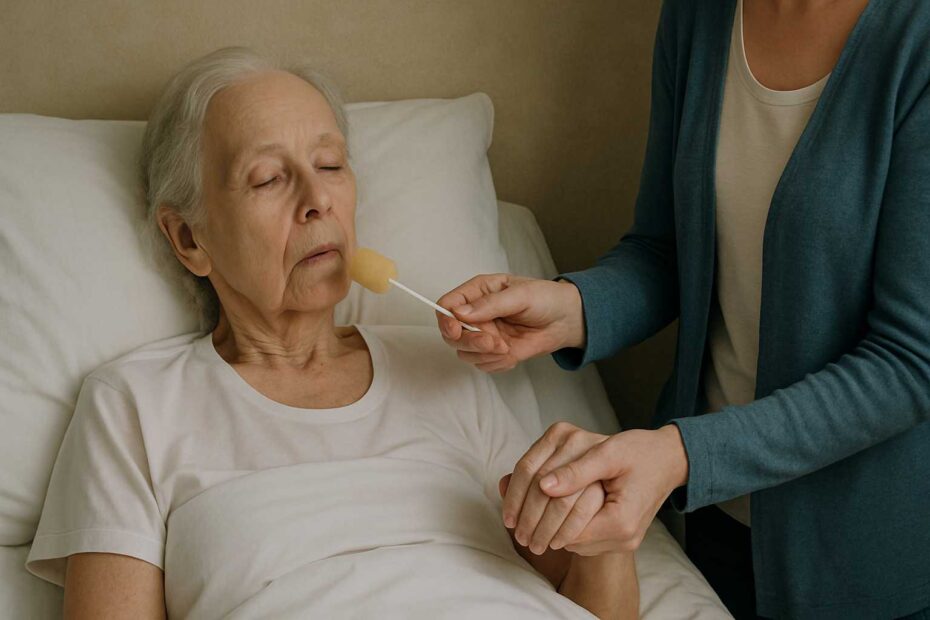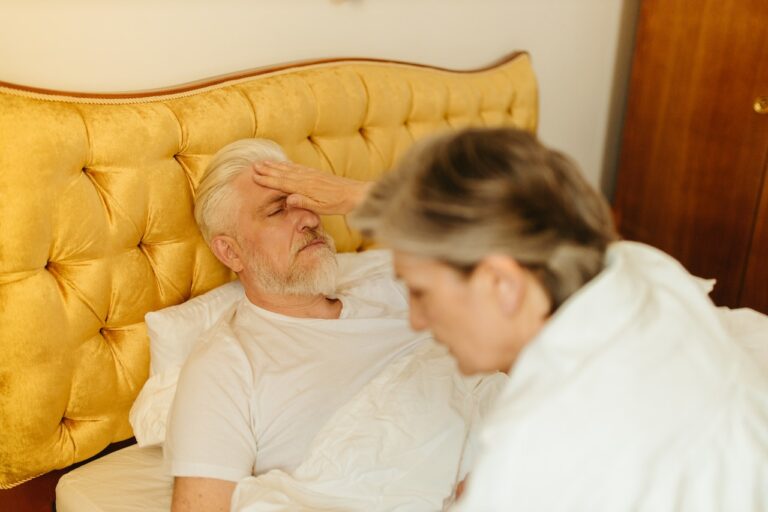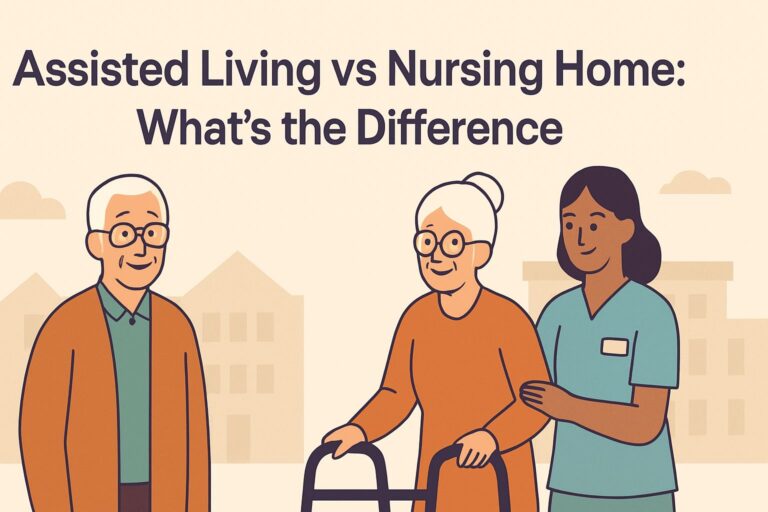If you’re sitting here wondering how long a hospice patient can live without water, let me start by saying — take a breath. You’re asking because you love them. And love is never the wrong place to start.
I’ve walked beside more families than I can count through these final chapters, and I can promise you this: when someone stops drinking at the end of life, it’s not about suffering. It’s about the body knowing it’s time to let go gently and naturally.
Still, I know very much how scary it feels to watch. Every dry lip, every small refusal of a sip, tugs at your heart like a thousand tiny strings. You wonder if you should push them to drink, if you’re doing enough, if letting go makes you a bad caregiver.
You’re not.
You’re doing beautifully — even if it doesn’t feel like it right now.
In this article, I’ll walk you through what really happens when a patient stops taking in water, how long they might live afterward, and most importantly, how you can be their soft place to land. No medical jargon. No sugarcoating. Just the truth, with a hand to hold.
Let’s take it one step at a time, together.
Why Do Hospice Patients Stop Drinking?
First things first: when a loved one stops drinking at the end of life, it’s not because they’re giving up, and it’s certainly not because you’ve failed them. It’s simply the body’s way of winding down.
As the body prepares for its final transition, it no longer needs as much fluid. The organs start slowing their work. Thirst fades naturally. Trying to push fluids at this point can actually cause more harm than good — leading to discomfort like bloating, coughing, or even choking.
You might notice they’re barely sipping, or turning their head away when offered water. Maybe they can’t swallow easily anymore. Maybe they’re sleeping more than they’re awake. These are all normal signs that their journey is nearing its peaceful end.
It’s not about starvation or dehydration in the way we normally think of it. It’s about nature taking its gentle course. The body knows what it’s doing — even if our hearts are breaking watching it happen.
Your job during this time isn’t to force anything. It’s to comfort. To soothe dry lips with a damp sponge. To offer ice chips if they can manage them. To simply sit close, hold their hand, and remind them they’re safe.
This is not a medical emergency.
It’s a sacred passage.
How Long Can a Hospice Patient Live Without Water?
Every person’s journey is different, but generally speaking, once a hospice patient stops drinking entirely, they may live anywhere from a few days up to about a week. Sometimes less. Sometimes a little longer.
It depends on a lot of things — their overall health, how much fluid they had before stopping, whether they’re still eating a little, and what illnesses they’re facing. But make no mistake: when the body gives up thirst, it’s a strong signal that the end is near.
In my experience, most patients who stop drinking begin to slip deeper into sleep. They become less responsive. Their breathing changes — slower, sometimes with long pauses. Skin cools. Hands and feet may turn a little bluish or mottled. These are all natural signs of the body quietly closing its final chapter.
Now, I know the urge to “do something” can be overwhelming. We are wired to fix, to save, to help. But at this sacred time, the kindest thing you can do is simply be present. Moistening their lips with a damp cloth. Whispering love in their ear. Playing their favorite music softly in the background.
Remember: no amount of water would change the destination now.
You’re not watching them starve.
You’re watching them let go — with you lovingly by their side.
And that, my dear, is the greatest gift you can give.
Signs Death Is Approaching
When a hospice patient stops drinking, the body quietly begins its final preparations for leaving this world. As hard as it is to witness, recognizing these signs can help you stay calm, stay connected, and make the most of every last precious moment.
Here are some of the most common signs I’ve seen over the years:
- Increased sleepiness or unresponsiveness: They may drift in and out of consciousness, or seem to be sleeping almost constantly. Don’t worry — this is normal, and usually peaceful.
- Changes in breathing: Breaths may become shallow, irregular, or spaced out with long pauses. Some families find this hard to watch, but it’s part of the natural rhythm of the body shutting down.
- Cool skin and color changes: Hands, feet, and sometimes lips may look bluish or mottled. The body is gently pulling blood toward the vital organs.
- Decreased urine output: Since there’s little to no fluid intake, urine becomes darker, less frequent, and eventually stops altogether.
- Restlessness or agitation: Sometimes called “terminal restlessness,” this can happen in the final days or hours. Gentle words, soft music, or even medications from the hospice team can help ease it.
- A surge of energy: Occasionally, patients will have a surprising burst of alertness or energy shortly before passing — talking, eating, even laughing. It’s beautiful, but brief.
These signs are nature’s way of easing both the patient and their loved ones toward goodbye.
It’s the body doing exactly what it was designed to do — no mistakes, no suffering — just a quiet, sacred closing of a life well lived.
If you notice these signs, don’t panic. Take a deep breath. Speak softly. Hold their hand. Tell them you love them, even if you’re not sure they can hear.
(Trust me — on some deep, invisible level, they can.)
How to Comfort a Loved One Who Has Stopped Drinking
When someone you love has stopped drinking, it’s easy to feel helpless. But the truth is, you still have so much you can do — and none of it involves pushing fluids or forcing anything.
Here’s what truly matters now:
- Moisten their mouth and lips:
Use a soft sponge swab, a damp cloth, or even a few tiny ice chips (if they can handle it) to keep their mouth comfortable. Dryness is normal — but a little moisture can make a world of difference. - Create a peaceful environment:
Dim the lights. Play their favorite music. Light a candle if hospice permits. Keep things quiet and calm. Your presence will speak louder than any words. - Offer gentle touch:
Stroke their hand. Brush their hair back. Lightly massage their feet if they liked that before. The human touch is one of the last senses to fade — and it offers powerful comfort. - Speak from the heart:
Even if they’re unresponsive, talk to them. Share memories. Thank them. Forgive them. Tell them how deeply they’re loved. They may not answer, but they feel it. - Trust their body’s wisdom:
Remember, the body is doing exactly what it’s supposed to. Your loved one isn’t suffering because they aren’t drinking — they are slowly and naturally preparing to cross over. - Lean on hospice:
The hospice team is your lifeline. Let them guide you. Ask for help managing any discomfort, restlessness, or questions you have. You are not meant to do this alone.
This is a sacred time. A time to be soft. To be present. To be love itself — breathing beside them in the quiet.
No medical degree needed. Just your heart.
And trust me, dear one — your heart is more than enough.
Closing Words
If you’re reading this because someone you love is nearing the end, know this: you are already doing one of the bravest, most beautiful things a person can do. You are showing up — with love, with care, and with an aching heart that only wants to make this easier for them.
When a hospice patient stops drinking, it’s not a failure. It’s not a crisis. It’s nature’s way of helping them let go with grace.
Your job now isn’t to fight it — it’s to make the path as soft as possible.
And when the time comes, you’ll know:
You did everything that mattered.
You loved them all the way home.








